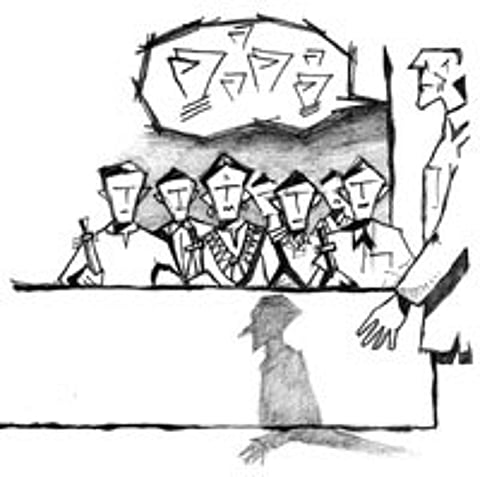Social capital amidst extremism and mediocrity
Let us begin with an understanding of the state and the place of academics in Bangladesh. From a methodological standpoint, the spheres of the state can be thought of as being divided into three sections. The first is political society, which includes the actors and agencies that possess coercive power – government military, police, laws and regulations, and the like would all be included here. The second is the market, where economic power resides. Indeed, in certain circumstances, this sphere could possess enormous power, to the point of becoming the determining factor in essentially reproducing the state. Bangladesh is a good example in this respect, where critics maintain that only a half-dozen or so importers control 60-80 percent of all imports. If this is the case, it is not difficult to understand the enormous profitability in having a political-business nexus that can ensure this monopoly – another name, of course, for endemic corruption.
The third and final sphere is the so-called civil society, which focuses on reproducing social capital. This would include academics, students, intellectuals, civil-rights groups, the media, cultural bodies, even sports clubs and other associations. In addition to intellectual discourses and social networking, trust plays a key part in reproducing social capital. As one critic has noted, "Nothing happens if you don't trust people … Social capital is strongly dependent on rich durable networks which develop trust." Fortunately, Bangladesh has abundance of the value system of trust, as has been corroborated not only by national surveys, but also by the fact that it is the birthplace of micro-credit, which is essentially founded on trust.

